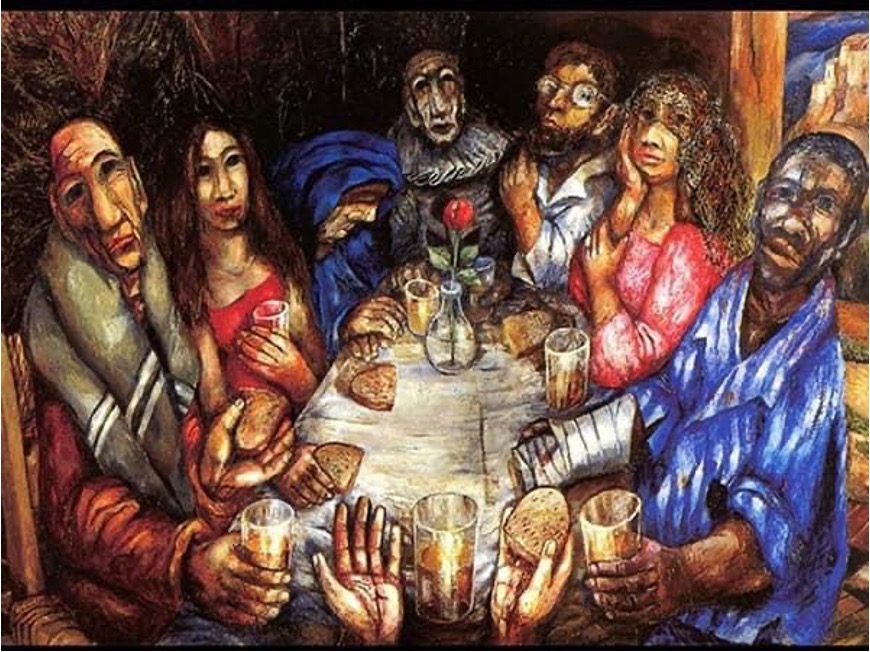
Death of TV
I recall hearing a clip from a TV programme about the future of television.
“Linear television will die” said the commentator.

What did they mean ‘ linear television’ ? – oh tuning into a particular channel and watching a series of programmes, like BBC1 or ITV1 or if you are older, just BBC or ITV. Will television die then? No, it will be transformed, reinvented in a new guise. Is that a problem?
Church transformed
I am often asked what is going to happen in the future with church. We are seeing many changes in the ways of the Methodist Church. Districts are amalgamating, multiple circuits are becoming one (Isle of Man for example and possibly Scotland as well), and multiple churches being transformed into one society or church with multiple places of worship (Moray Coast and Glasgow West). Is it the end of the church? No, it will be transformed, reinvented in a new guise. Should we be discouraged?
That’s up to you.
We are seeing the pooling of resources across denominations, seeking to work more closely together with ourselves and the United Reformed Church (URC), and the Church of Scotland (CoS) for example. Not losing our identity, but working together. Through a fellow minister we are seeing an integrated relationship between Methodists and Catholics with the addiction work, through the recovery service we are working to develop here in Glasgow. And I hope, we will wanted to be involved in that.

The passage from Acts, Acts 2:42-47, Luke’s sequel, records how in those early days post the resurrection, the turmoil after the death of Jesus and his reappearance, saw a real transformation with his followers. Unable to remain solely within the Synagogues, they sought to worship in large houses, to offer fellowship to each other – those inside and outside of the church. – to breakdown the boundaries, the walls of the church and to function as a body of people. Not wishing to be seen as ‘the church’ but as a community.
Ekklesia
That’s what ecclesia means, God’s presence, God’s community – not a building. The followers mentioned in Acts and then Corinth and then Thessalonians – in those early days post Jesus – sought to live the life with others. They would engage in discussions about life and tell people what they truly felt about their faith – both good and bad – they were brutally honest. And it led to the exponential growth of the church.
When we privatise our faith, it isn’t publicly owned. How can we release it?
I found the dialogue interesting and I enjoyed